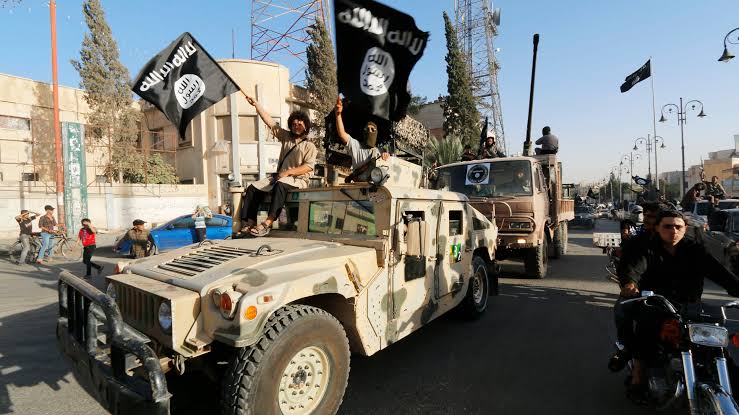
Taliban unable to control ISIS influence in Afghanistan: warns UN envoy
text_fieldsThe Taliban government was struggling to control the spread of ISIS groups in Afghanistan the United Nations Security Council was told on Wednesday. UN special representative for Afghanistan Deborah Lyons alleged that the Islamic State-Khorasan (IS-K) outfit, which is the regional chapter of the terrorist group, was becoming 'increasingly active' in all major regions in Afghanistan.
The Taliban government mainly relies on extra-judicial justice like killings and detentions which was not making a dent in IS-K's growing hold over the country, Lyons said. IS-K has been responsible for multiple suicide bombings in Shia mosques across the country in recent months which has cost the population massive casualties and prompted a crackdown from the government.
"Another major negative development has been the Taliban's inability to stem the expansion of the Islamic State in Iraq and in Levant Khorasan Province. Once limited to a few provinces and Kabul, ISILKP now seems to be present in nearly all provinces and increasingly active," Lyons told the Council.
Affairs of state were made complicated by the lack of resources in the country as well as the Taliban's own religious and social ideology being completely at odds with modern civilisation, the envoy added. There was also some internal strife within the Taliban which made the population reluctant to see them as an official government. The dominant Sunni Pashtun identity of the government would also not appeal to other groups in Afghanistan, Lyons said.
"Ultimately, however, the Taliban must decide on whether to govern according to the needs and the rights of the diverse Afghan population, or whether to rule on the basis of a narrow ideology and an even narrower ethnic base," Lyons said.
She also warned the international community that if the basic infrastructure of Afghanistan was not maintained (like salaries for healthcare workers), the country could become hot ed of illegal drug trafficking and unregulated money exchange. Assistance would have to extend beyond basic humanitarian aid, she said.























